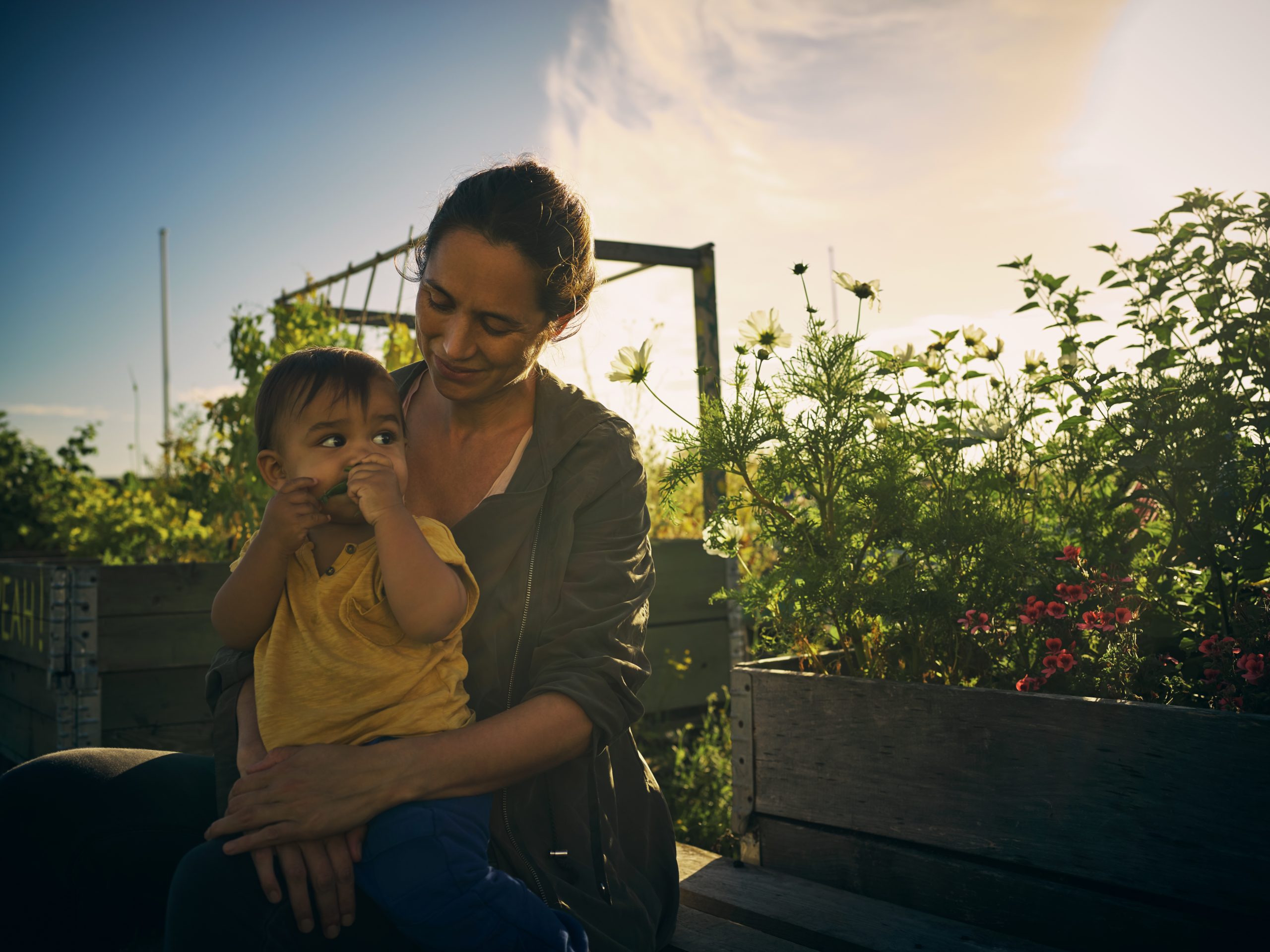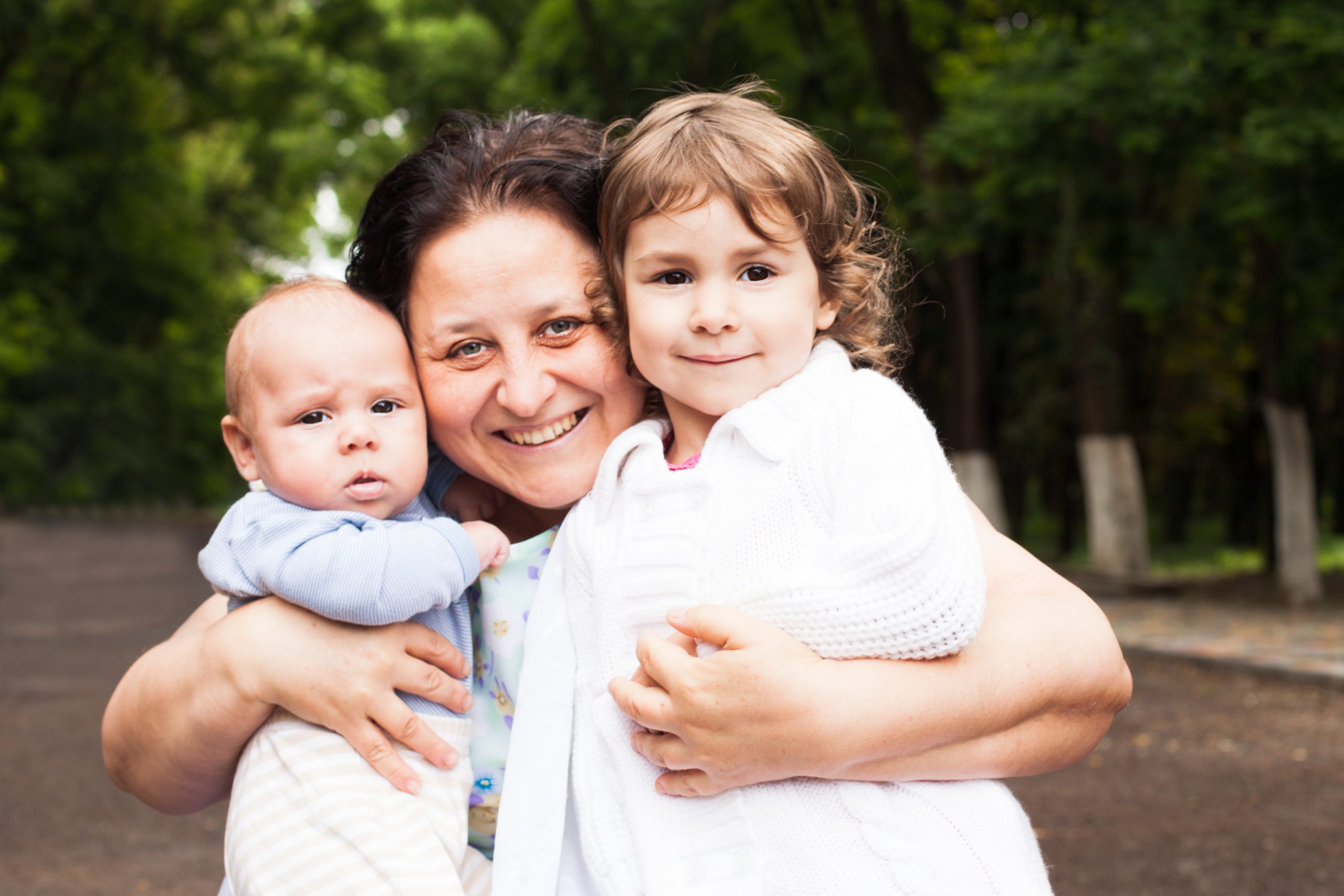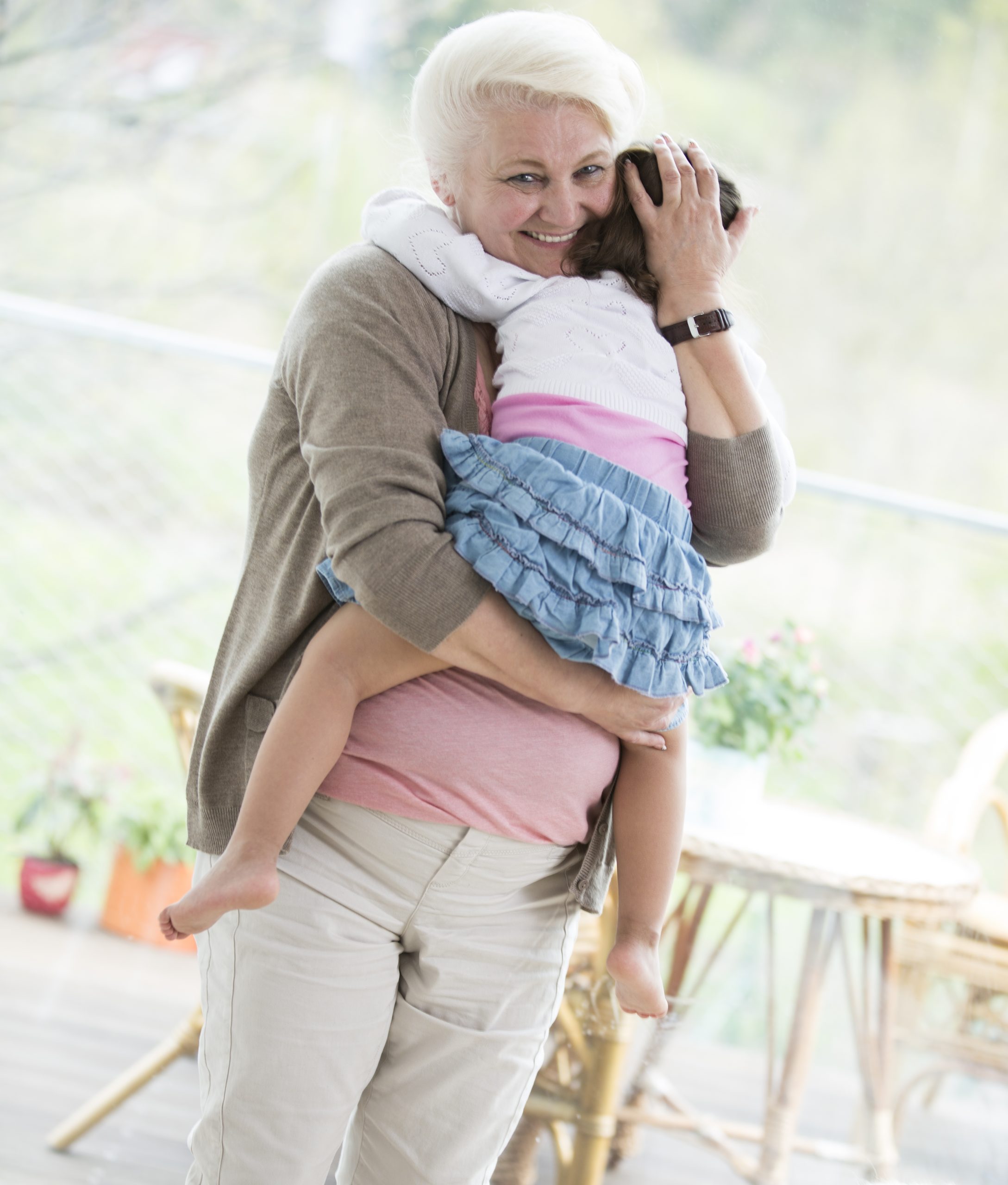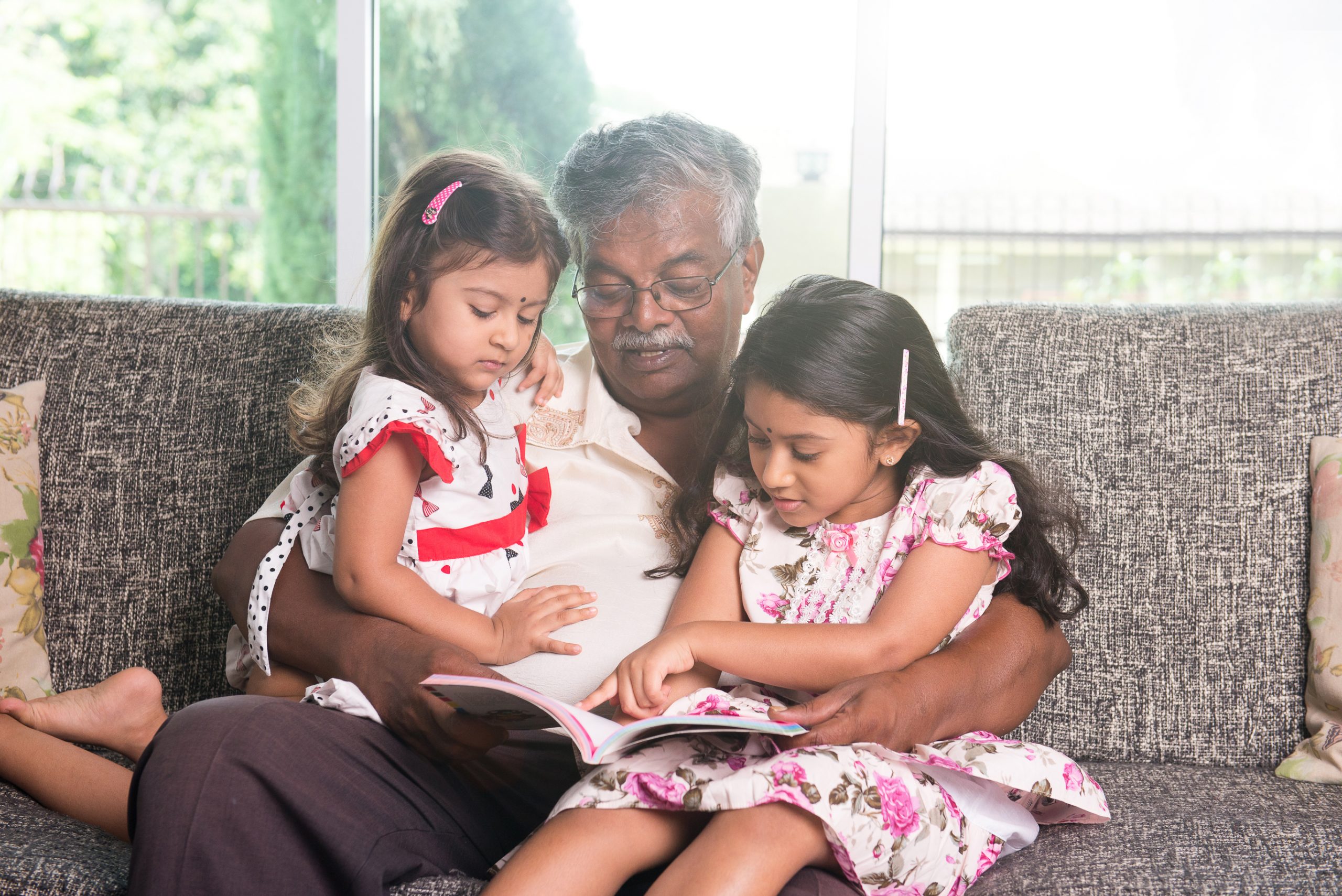
Community Systems Building
The way the early childhood system operates at the community level determines how families experience programs and services. When all communities are supported, provided resources, and enabled to be responsive to the populations living there, each family can receive desired help and each child will have opportunities to play, grow, and learn.

Strong Communities, Strong Families
While our primary focus at BUILD is on helping state early childhood leaders create and sustain comprehensive, equitable systems change for young children and families, we recognize the importance of systems building at the community level. Families live in communities and the re-energized and broader racial equity movement has called attention to the importance of bridging the divide between the marginalized families and communities who experience the problems in state-funded programs/services and the proposed and implemented solutions and programs.
Our Work
- Strengthening state and community connections. Both state- and local-level policies, programs, and services must be in place to respond to the diverse needs of children and families, and they must work together to meet the needs of each and every child.
- Highlighting the importance of creating strong feedback loops to support ongoing communication between state and local policymakers, practitioners, community leaders, and families using the knowledge and lived experience of intended beneficiaries to inform the development of policies, programs, and services.
- Expanding the reach of community early childhood coalitions to include family-serving organizations—like museums and libraries—and engaging them in creating educational opportunities for children and families.
- Helping state leaders understand how to shift or realign aspects of early childhood systems to increase access to opportunities for young children and families in marginalized communities with significant racial, ethnic, economic, health, and education disparities.
- Supporting home-based child care—both family child care and family, friend, and neighbor care—as part of a mixed delivery system for early care and education, which involves understanding community context and assets.

Our work is characterized by respect for community contributors and beneficiary voices. BUILD helps state leaders tap into community expertise, and then experience and channel that into responsive policymaking.
Working with cross-sector teams that bring together various child- and family-serving organizations, our work helps leaders at both the state and community levels create strong state and community connections that:
- Align state and local systems building efforts to result in coordinated policies, programs, and services that provide improved results for children and families.
- Build local engagement, decision-making, and buy-in to state policies, programs, and services.
Create strong feedback loops that facilitate a deep understanding of community assets, as well as families’ wants and needs for their children and their community. - Cultivate strong and diverse leaders at state and community levels.
- Effectively use qualitative and quantitative data to inform their systems building work. By looking at data disaggregated by race and ethnicity, state and community leaders can see inequities and disparities and use the data to further support the development of equitable systems.
Community Systems Building in Action
Explore the BUILD projects that reflect our approach to community systems building:
Oregon Early Learning Hubs
BUILD works with Early Learning Hubs in 16 regions across Oregon. The Hubs are assisting cross-sector partners in working together to create local systems that are aligned, coordinated, and family-centered. Families receive the support they need to be healthy, stable, and attached. Their children receive the early learning experiences they need to thrive. Our consultation helps the Hubs increase alignment and coordination between the state and local systems, more clearly understand the interconnections between different segments of an early learning system, more effectively use data to demonstrate the need for services and evaluate impacts, and support and mentor leaders and assist with strategic thinking and planning.
 Harnessing Opportunity for Positive Early Childhood (HOPE)
Harnessing Opportunity for Positive Early Childhood (HOPE)
The overarching goal of HOPE is to transform low-opportunity communities into high-opportunity communities by promoting the optimal health and well-being of young children, families, and communities. BUILD worked with state and community leaders in Alabama, California, Minnesota, and New Jersey to shift or realign aspects of systems to increase access to opportunities, engage community members, and create feedback loops to ensure that the lived experiences of intended beneficiaries inform state actions to address and reduce racial, ethnic, geographic, and economic inequities. Learn more about HOPE.
Home-Based Child Care
Many families with young children look to their communities to provide home-based child care. Family child care and family, friend, and neighbor care can provide flexible and affordable options for families with infants and toddlers and families who work nontraditional hours. They also allow families to choose providers with cultural and/or linguistic backgrounds like their own. BUILD has partnered with more than a dozen states as they expand their systems of support to include family child care. We have helped states strengthen supportive infrastructure for providers through staffed family child care networks, business practices assistance, and cross-service connections, and other quality supports. Learn more about Home-based child care.
 Museums and Libraries for Early Learning Success
Museums and Libraries for Early Learning Success
BUILD also works with state and community leaders to develop strategies to tap into the talent and resources of anchor institutions and engage them in strengthening outcomes for children and families. Few community institutions are better positioned to promote early learning than libraries and museums. Kids love them. Families trust them. Yet for many children and parents living in marginalized communities, library and museum access is difficult because of cost and transportation barriers. Research shows that many libraries in low-income urban and rural areas are underfunded and understaffed. Also, museums and libraries all too often are on the periphery of state and local conversations about building strong early childhood systems. BUILD works with the federal Institute of Museum of Library Services (IMLS) to make sure libraries and museums are recognized as key early childhood partners. Learn more about our work with Museums and Libraries.
Explore Community Systems Building Resources

The Nuts and Bolts of Building Early Childhood Systems through State/Local Initiatives
Report April 1, 2021
This paper, an update of a 2014 version, highlights the significant benefits of developing a statewide community-level infrastructure as a core component of a statewide early childhood system. It provides an overview of the key lessons BUILD team members and systems-building partners have learned over the years.
BUILDing Supportive Communities with Libraries, Museums, and Early Childhood Systems
Planning Tool May 1, 2017
Libraries and museums are among our communities’ most engaging and trusted learning institutions and provide a place for children, parents, caregivers, and other adults to play and learn. This toolkit outlines strategies for leaders from early childhood programs, libraries, and museums to pool their talents and resources to strengthen outcomes for child and families and extend the reach of their programs and services.
Parent, Family, and Community Engagement Framework for Early Childhood Systems
Archived Meeting Resources January 1, 2018
The Parent, Family, and Community Engagement (PFCE) Framework for Early Childhood Systems is a guide to understanding the collaborative relationship between parents and early childhood systems, programs, providers, family caregivers, and community service providers to promote positive, enduring change for children, families, and communities.
Listen to the Critical Connections podcast to learn more about the importance of strong state and community connections for developing early childhood systems.
View PodcastCommunity Systems Building Team
Karen Ponder
Distinguished Fellow
Sherri Killins Stewart, EdD
Director of Systems Alignment and Integration, Co-Director, State Services
Gretchen Ames, EdD
NCIT Capacity-Building Hub Community Manager
